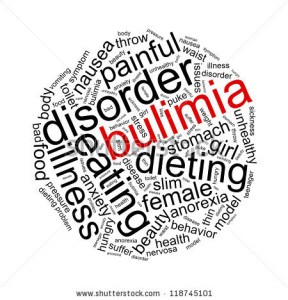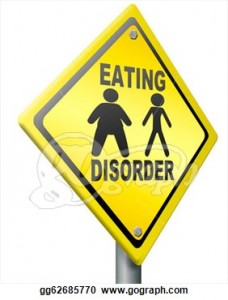We live in a media-controllled world and it is hitting us the hardest where it hurts. The truth is, mass media provides a significantly influential context for people to learn about body ideals and the value placed on being attractive. Here are some statistics:
- American children participate in growing amounts of media usage, a trend fueled largely by the increasing availability of internet access across phones and laptops. On any given day, 8 – 18-year-olds are engage in some form of media exercise for about 7.5 hours. Most of their time is spent watching television, though video games and computer usage take up an additionally large portion of media time.
- Even media aimed at elementary age children, cartoons and children’s videos for example, foucs on how important being attractive is. Sexually objectified images of girls and women in advertisements are most likely to appear in men’s magazines. Yet the second most common source of such images is the advertisements in teen magazines directed at adolescent girls.
More Effects of Media
There is no single cause of body image problems. But, research shows that media can contribute to negative self-images, and that exposure of any kind to media can increase body dissatisfaction and disordered eating. Here are some more statistics:
- Several experimental studies have recently linked exposure to the thin ideal in mass media to body dissatisfaction, internalization of the thin ideal, and disordered eating among women.
- The effect of media on women’s body on the female image condition seems stronger among young adults than children and adolescents. This may suggest that long-term exposure during childhood and adolescence lays the foundation for the negative effects of media during early adulthood.
- Pressure from television, magazines, and movies to be muscular also seems to be related to body dissatisfaction among men. This effect is considered smaller than among women but it is still noteworthy. The fact is, young men appear to be more negatively affected by the media images than male children are.




Leave a response